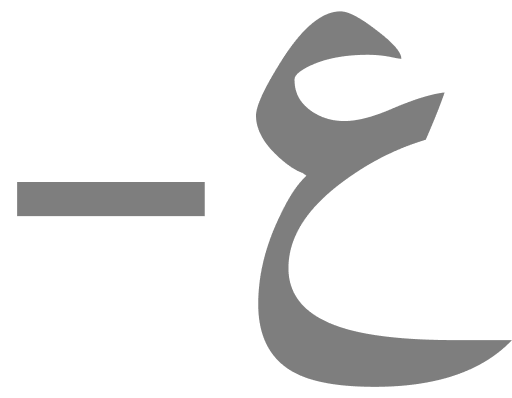In the need for Islamic philosophy


Today, scholars in general no longer limit the concept of Islamic philosophy to the theoretical and practical legacy that Muslim philosophers inherited from the Greeks, and they read it in readings related to their theoretical, practical, and cultural concerns. Rather, the trend has become to expand the scope of this concept to include Sufism, theology, and sciences as represented by Al-Khwarizmi, Ibn Al-Haytham, Al-Razi, and others. Some contemporary scholars see no problem in expanding “what is true” in Islamic philosophy further to include everything that is “human and comprehended in the mind,” since it is considered that as long as philosophy is Greek, whenever it enters another culture, the result will not be Greek philosophy, but rather “The philosophical according to the receiving culture,” and it is necessary to “investigate this philosopher and listen closely to his voice mixed with many other voices, and extract and retrieve it for consideration by those working in philosophy.” From here, imaginative literature becomes part of the space of philosophy. Indeed, philosophy must be sought in pre-Islamic poetry, as well as poetry. Abu Al-Ala and Al-Mutanabbi, without neglecting this group that “is not usually considered among the people of reason such as Ibn Qutaybah, Ibn Abi Al-Dunya, and Ibn Hibban, especially what they classified in morals, reason, virtue, and the virtuous person,” as well as paying attention to “the eyes of linguists and grammarians when they investigate the connotation and relationships of words.” With things.” Len Goodman, a representative of this trend, calls for seeking wisdom in the maqamat of Badi al-Zaman al-Hamdhani, as they are “contemplative maqamat with a great title of sarcasm.”
The proponents of this trend are aware that this philosophy is a kind of “philosophy in the weak sense,” so you find him turning to what he calls “philosophy in the strong sense,” but without establishing any preferential hierarchy between them, with a call to take the well-known Islamic philosophers seriously. However, scholars differed regarding the nature of this philosophy. Some of them consider calling it Arabic philosophy or Arab-Islamic philosophy to be a disavowal of calling it Islamic philosophy, on the basis that it “borrowed Arabic concepts and terms that were carved and formulated exclusively in the Arabic language, in order to assimilate Greek philosophical thought in the golden age of Arab-Islamic civilization,” and some of them tend to distinguish between what He called it “Philosophy of Islam,” meaning the science of theology as it is an authentic Islamic science for him, and Islamic philosophy, meaning views influenced by Greek philosophy, and pertaining to Islamic philosophers such as Al-Farabi and Ibn Sina.
But Islamic philosophy has always suffered from two shortcomings: A negative position that ranged between our Islamic civilizations, which generally glorified philosophy and reviled its people, and Western civilization, whose orientalists took the initiative to belittle Islamic philosophy as an aspect of Greek philosophy and nothing else. An ideological position that placed Islamic philosophy within the framework of ideological conflict and removed it from its scientific framework.
Both positions are ignorant of Islamic philosophy, its issues, and its contribution to the cultural renaissance. Research into the place of Islamic philosophy requires research into its place in the history of philosophy and its place in the history of Islamic thought as well. Islamic philosophy is an essential part of the history of philosophy, and its sciences are an essential part of the history of science. Only work must be done to verify the philosophical texts and translate them into living languages so that they become available to the reader. Arab, and highlights the contribution of Muslims to universal philosophical and scientific history in various branches of knowledge, as well as the extent of Islamic philosophical influence on European civilization. Renan's thesis, which considers Islamic philosophy to be merely a translation of Greek philosophy, has been challenged by research highlighting the creative interaction of Islamic philosophy with the ancient Greek heritage, and its contribution to the development of many branches of philosophical sciences.
*Director of the Center for Philosophical Studies at Mohammed bin Zayed University for Human Sciences.
#Islamic #philosophy
